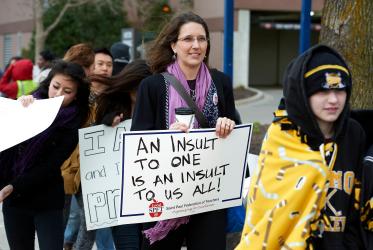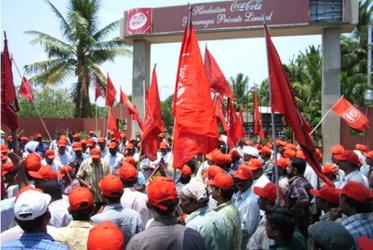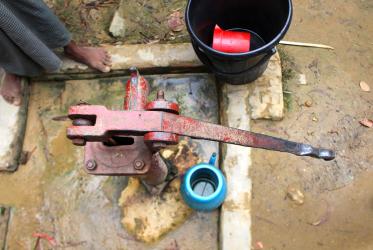Displaying 1 - 20 of 34
Thirsting for peace: Gaza's water woes in the midst of war
31 January 2024
WCC webinar explores decolonizing beauty
11 December 2023
Water as a divine gift, and justice issue
08 September 2022
Water and justice at the WCC 11th Assembly
20 July 2022
Groundwater is “a political question”
27 April 2022



















